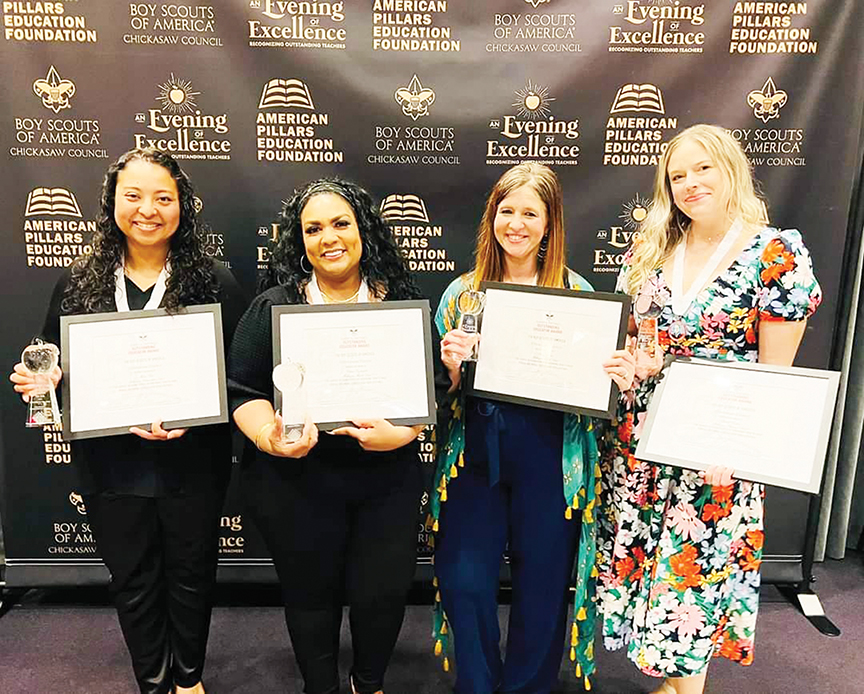
By David Peel
In cases where the negligence of others causes the death of a client, economists play a crucial role in assessing the financial impact of the loss by quantifying future lost earnings. By applying various methodologies, economists are able to reduce projected future earnings to present value, ensuring an accurate calculation of the economic damages suffered by the deceased individual and the family that depended on them.
1. Projecting Future Earnings
Economists begin by analyzing several factors to estimate the future earnings of the deceased individual. These factors include their age, occupation, education, work experience, career trajectory, and anticipated salary growth. By considering historical income data, industry trends, and personal circumstances, economists create a comprehensive picture of the deceased’s potential future earnings.
2. Accounting for Time Value of Money
To account for the time value of money, economists employ the concept of present value. This principle recognizes that a dollar received far in the future is worth less than a dollar received today due to factors such as inflation and the opportunity cost of investment. Economists use discount rates to adjust future earnings to their present value equivalent, ensuring a fair assessment of economic damages by reflecting the time value of money.
3. Considering Factors and Assumptions
Economists rely on various factors and assumptions to calculate present value.
These include discount rates, life expectancy, and potential contingencies such as career changes or promotions.
Discount rates are determined based on factors like inflation rates, risk levels, and interest rates.
There is an active debate as to whether the cost of living itself such as the cost of earning the money is all that should be deducted leaving, effectively a profit, or if it should include likely consumption beyond that. It is really difficult to know because no one has a crystal ball.
Two families who may each have the same household income of 70,000 a year,
May live very differently. One may actively coupon, grow their own garden, do free or low, cost trips, and drive old cars, or even share a car. While another family with the same income, may vacation exotically, run up their credit cards, lease brand new cars, and have Amazon at their house every single day.
Life expectancy tables provide estimates of the individual’s remaining lifespan, while contingencies account for uncertainties that could affect future earnings.
4. Expert Testimony and Judicial Consideration
Economists present their calculations and findings as expert witnesses in wrongful death cases. Their testimony helps courts and juries understand the economic impact of the loss and facilitates a measure of compensation for the deceased’s beneficiaries.
Judges consider the economist’s expertise, the methodologies employed, and the reasonableness of assumptions made to determine the admissibility and weight of the economist’s testimony.
There is no crystal ball.
But the defendant should not complain, since the defendant put us in the situation to have to approximate the future due to their negligent conduct.
Peel seeks justice for those injured in tractor trailer and car accidents, medical malpractice, and disability. He often addresses churches, clubs and groups without charge. Peel may be reached through PeelLawFirm.com wherein other articles may be accessed.



